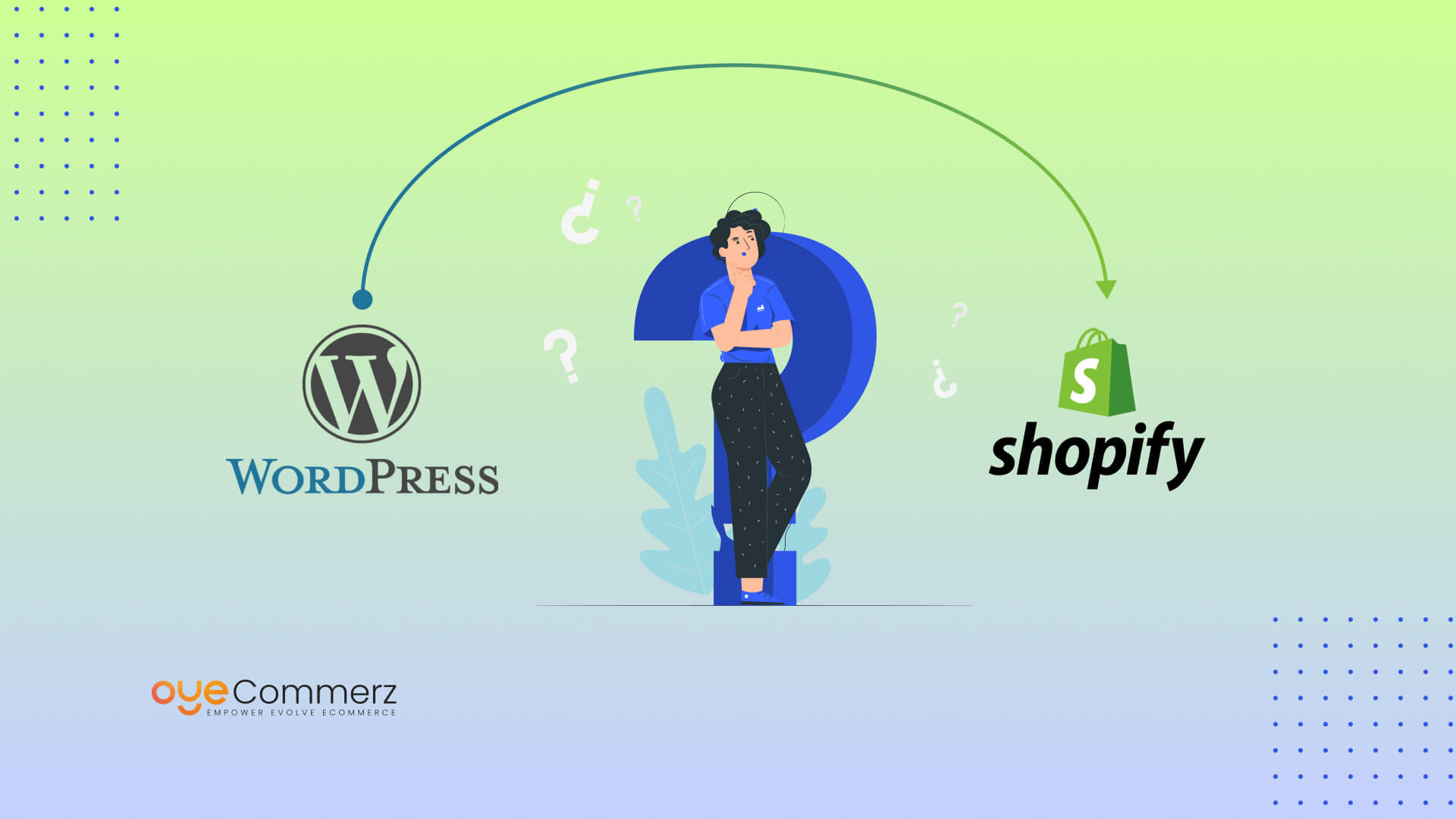In the constantly changing world of online retail, selecting the best system is essential for your company’s prosperity. If you’re at the moment using WP and planning a migration to an alternative, you’re not by yourself. Numerous businesses are shifting to take advantage of Shopify’s powerful features, simplicity, and growth potential. This guide will walk you through the process of migrating from WP to this platform effortlessly, ensuring that you unlock your online retail potential.
Why Switch from WP to Shopify?
Before exploring the migration journey, it’s important to know why this shift can be helpful for your digital storefront:
Accessible Tools: Shopify provides an straightforward dashboard that streamlines store operations, making it easier for non-technical users.
Flexibility: As your company grows, Shopify can accommodate higher visitors and transactions without compromising efficiency.
Built-in Tools: Shopify comes with built-in resources for SEO, analytics, payment handling, and much more, reducing the need for numerous plugins.
Advanced Safeguards: With Shopify, you utilize strong security measures that safeguard sensitive customer details.
Steps for a Effortless Migration
Migrating your online store from WP to Shopify requires multiple actions.
Here’s steps to achieve a successful transition:
Outline Your Migration Approach
Start by drafting your migration plan. Decide on which elements of your existing site you wish to transfer, such as:
Item details
User details
Purchase logs
Blog content
Choose the Appropriate Migration Option
Depending on your needs, select a migration package that fits your business. Professional services offers various plans:
Entry-Level Plan: Suitable for compact stores with fewer products.
Standard Migration Package: Appropriate for medium-sized businesses with intermediate demands.
Premium Migration Package: Excellent for big stores requiring extensive customization.
Save Your Data
Prior to beginning the migration, guarantee that Shopify migration tips you have a complete archive of your WordPress site. This step is essential in case anything goes off track during the migration.
Export Your Information from WP
Leverage extensions or manual methods to transfer key data from your WP site:
Inventory
Customers
Transactions
Content pieces
Import Content into Shopify
After WordPress to Shopify migration you have your information exported, employ Shopify’s migration apps or third-party apps to migrate your data into your Shopify store. Confirm that all data is properly structured and placed.
Customize Your Shopify Store
Following uploading content, adjust your Shopify site’s layout to reflect with your brand identity. Think about engaging a designer if you want detailed customization.
Set Up TransactionOptions and Logistics
Set up billing solutions and shipping settings in Shopify to ensure a seamless purchase experience for customers.
Adopt Search Engine Optimization Guidelines
To keep your online visibility during the transition:
Set up 301 redirects from old URLs to new ones.
Update meta tags.
Enhance media and text for search engines.
Review Your Updated Shop
Prior to launching, completely check your Shopify platform. Check for any broken links, transaction errors, or untransferred content.
Publish Your Site
Once everything is in order, it’s time to launch! Announce the transition to your customers and invite them to discover the enhanced capabilities of your Shopify store.
Post-Migration Support
Post publishing your new store, ongoing support is essential. Explore partnering with professionals who can assist with:
Technical support
Marketing strategies
Performance optimization
Conclusion
Migrating from WP to this platform can be a game-changing step for your eCommerce. By adopting this guide and working with experts like those offered by industry leaders, you can guarantee a effortless transition that enhances your business potential. Accept the change and unlock the advantages of Shopify today!
